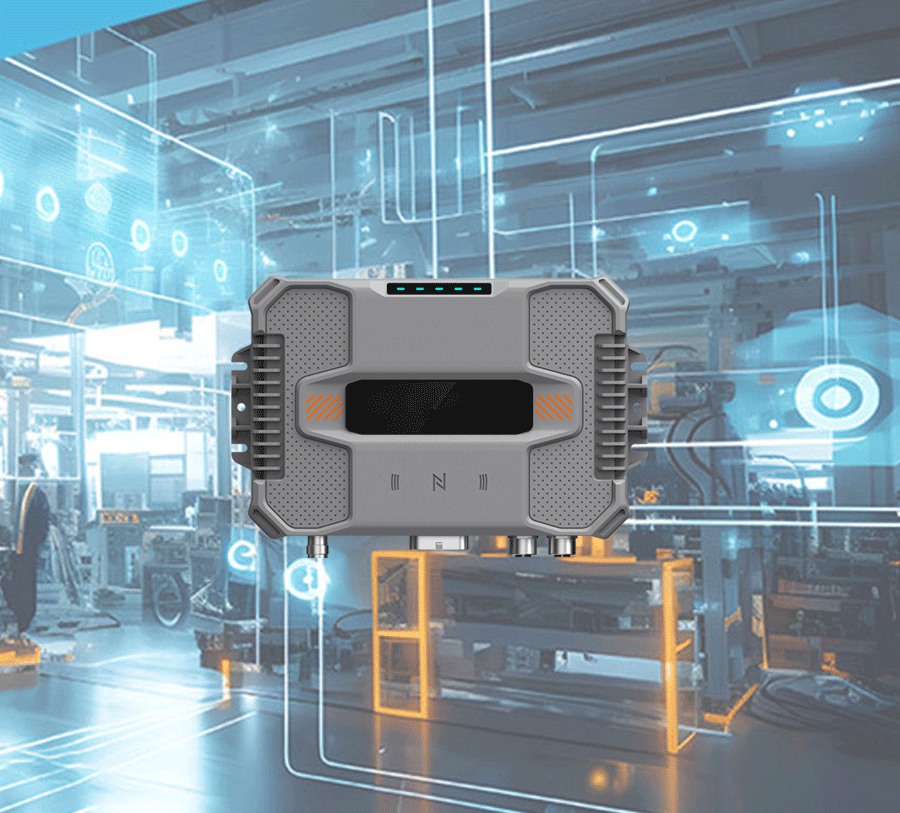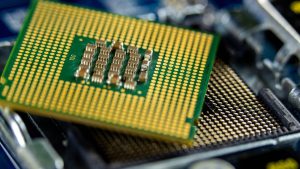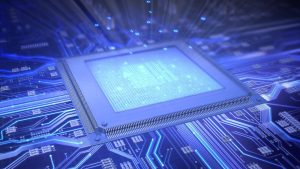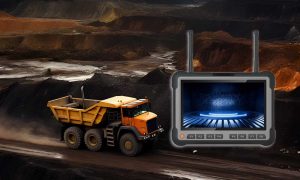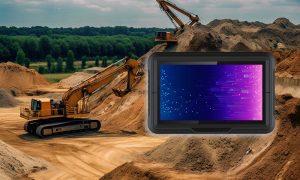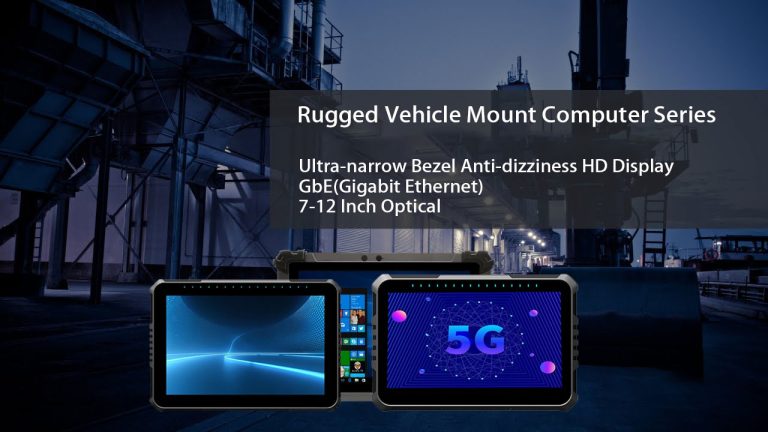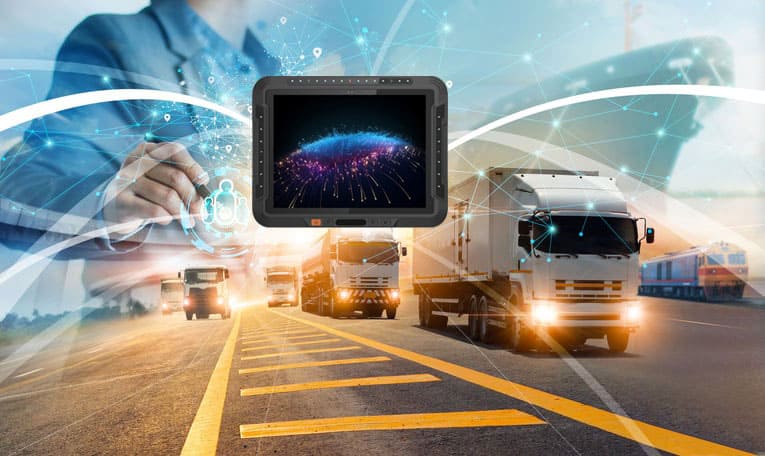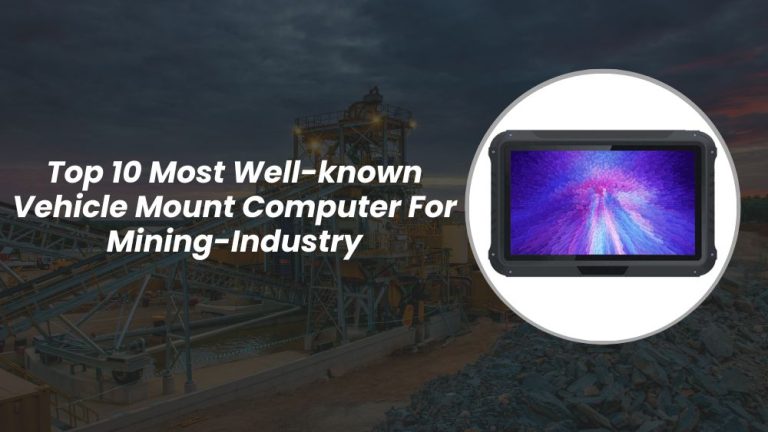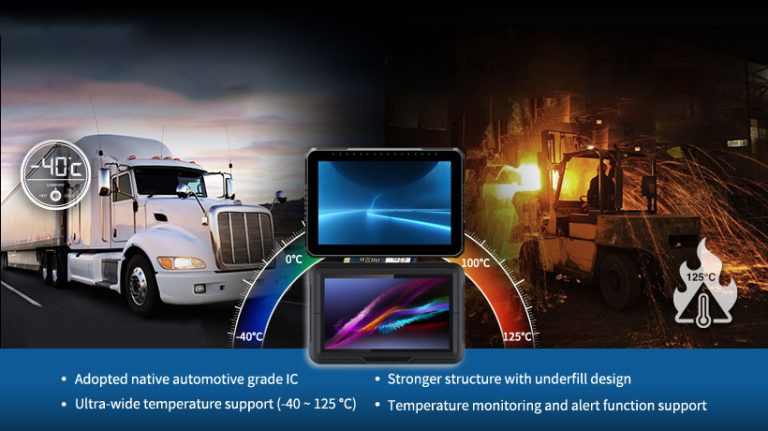There are several types of embedded PCs, each suited for different applications and requirements. When choosing the right embedded PC for your needs, it’s essential to consider factors such as performance, power consumption, form factor, connectivity options, operating system compatibility, and environmental conditions. Here are some common types of embedded PCs and considerations for choosing the appropriate one:
- Single Board Computers (SBCs):
- SBCs integrate all essential components, including the processor, memory, storage, and I/O interfaces, onto a single circuit board.
- They are compact and versatile, suitable for a wide range of applications.
- Consider the required processing power, memory capacity, and I/O interfaces when selecting an SBC.
- System-on-Module (SoM):
- SoMs are small, modular devices that contain a processor, memory, and I/O interfaces on a single module.
- They offer flexibility and scalability, allowing for easy integration into custom-designed hardware.
- Consider compatibility with existing carrier boards and scalability options when choosing a SoM.
- Industrial PCs:
- Industrial PCs are ruggedized computers designed to operate reliably in harsh environments, such as manufacturing facilities or outdoor installations.
- They often feature enhanced durability, resistance to dust, moisture, shock, and vibration.
- Consider the environmental conditions, required reliability, and durability when selecting an industrial PC.
- Panel PCs:
- Panel PCs integrate a display and touchscreen interface with a computing unit, making them ideal for human-machine interface (HMI) applications.
- They are commonly used in kiosks, point-of-sale systems, and industrial control panels.
- Consider display size, resolution, touchscreen technology, and computing performance when choosing a panel PC.
- Box PCs:
- Box PCs are compact, standalone computers housed in a durable enclosure.
- They offer a balance between performance and form factor, making them suitable for various industrial and embedded applications.
- Consider the available expansion slots, connectivity options, and form factor compatibility with existing equipment when selecting a box PC.
When choosing the right embedded PC for your application, it’s essential to evaluate your specific requirements carefully. Consider factors such as performance, environmental conditions, connectivity, and scalability to ensure that the chosen embedded PC meets your needs effectively. Additionally, consult with experienced vendors or engineers to receive tailored recommendations based on your project’s unique requirements.


